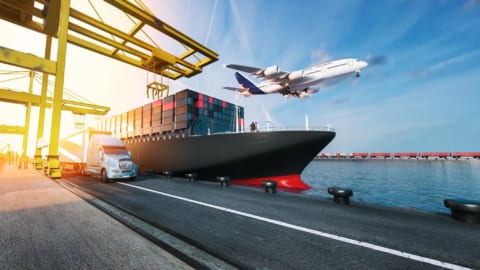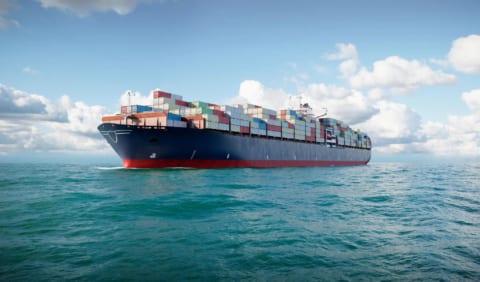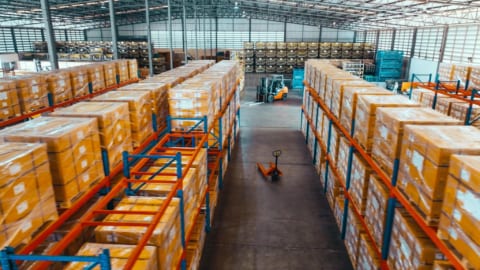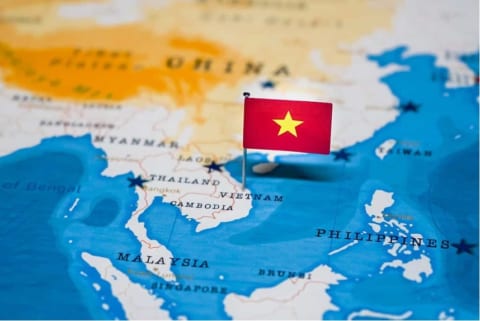Important port cities such as Shenzhen and Dalian were forced to distance themselves and strictly follow pandemic regulations this week. The resurgence of COVID caused the mass closure of shops, and testing is also being carried out at other important customs gateways including Tianjin.

An empty vegetable section at a supermarket following panic buying in Shenzhen, on Sept 2.
(cre: Feature China/ AP Photo)
Instead of shutting down the whole city, social distancing is conducted in each neighborhood, the isolation period has also been reduced since mid-June. China’s largest port – Shanghai has also decreased. easing the rigid blockade measures in early June, however, there will not be any relaxation in the government’s zero-covid policy, which has maintained the global supply chain in recent years.
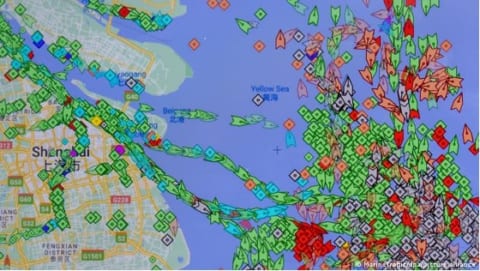
A graphic from Marine Traffic shows scores of ships anchored close to the port of Shanghai (source: Marine Traffic)
But facing the potential risk of new omicron variants has some investors and analysts concerned about the difficulties they face when it comes to preserving this supply chain.
Speaking at the press conference, Mr Lam Hancheng – a health official of Shenzhen city on Monday stated: “Currently, the COVID-19 epidemic in the city is developing seriously and complicatedly. No. New cases are still relatively high, and the risk of community transmission persists.”
Japanese financial firm Nomura also warned in a note on Tuesday that the situation could get much worse as the strain continues to spread further to major cities, described as ” potentially triggering another round of economists’ cuts on the street.”
With the strict policy of this country, about 25% of European businesses are considering relocating investments to other markets. The same opinion is echoed in other reports from the chambers of commerce of the United States and the United Kingdom.
The easing of regulations comes as Beijing begins to pay attention to the negative sentiments of foreign capitalists, and major brands continue to look for alternative production locations in China. According to Bloomberg, Apple has long manufactured most of its iPhones in China. The company is looking for alternatives when it intends to manufacture the iPhone 14 in India amid strained US-China relations. Apple is also negotiating to bring Apple Watch products and Macbook laptops for the first time to be manufactured in Vietnam.
Reported by Lucy 2022-09-21




